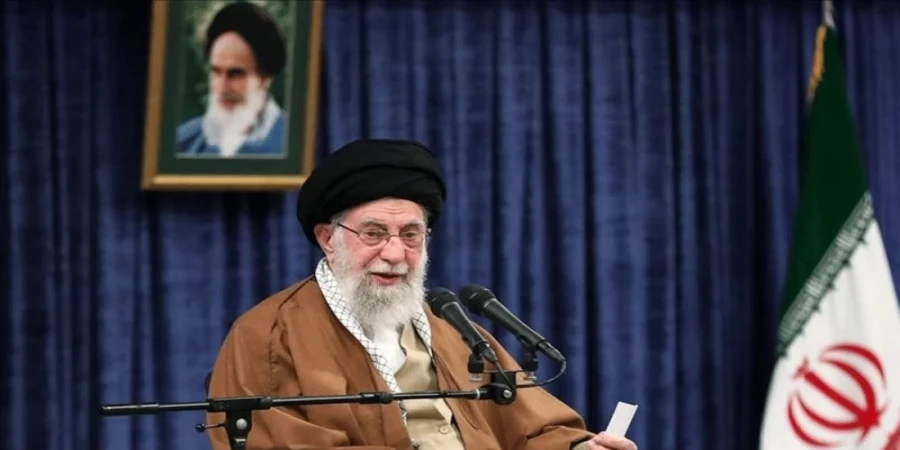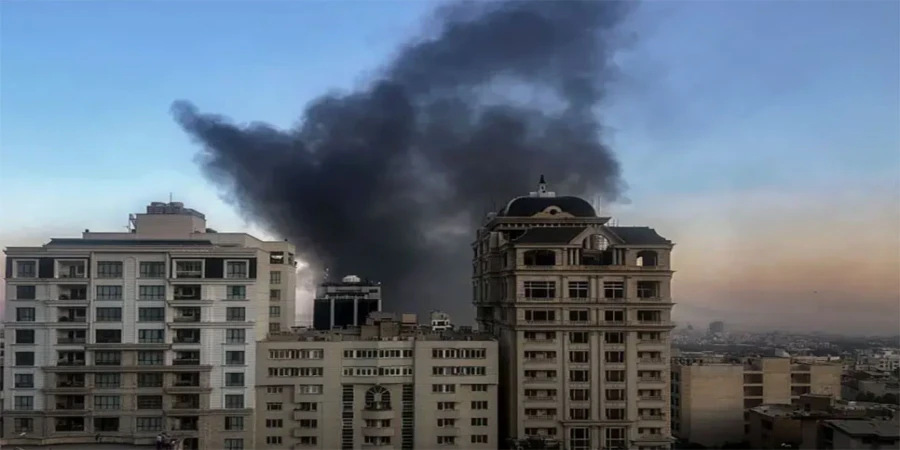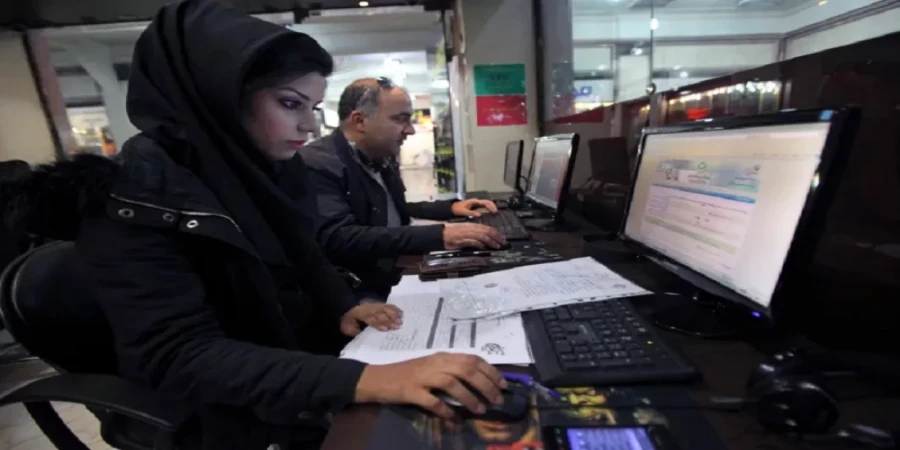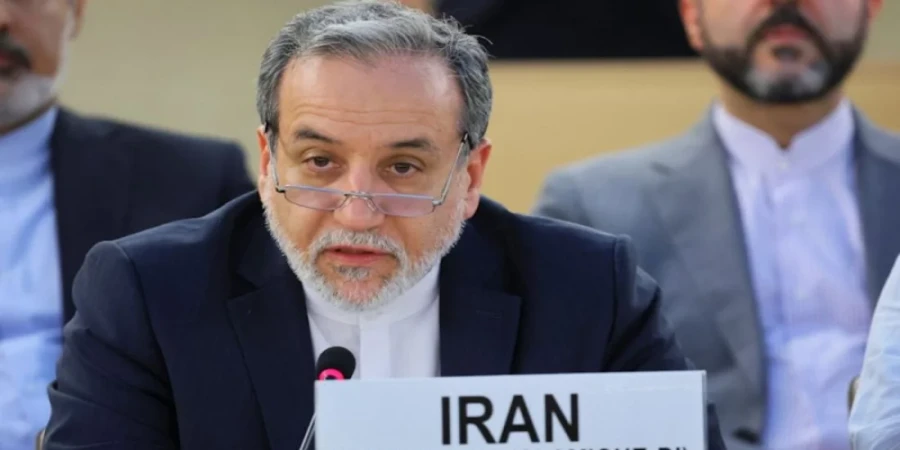
Ó”øÓ”¼Ó”┐: Photo: Collected
As tensions escalate with Israel and threats against his life intensify, IranŌĆÖs Ayatollah Khamenei reportedly secures leadership continuity by nominating three senior clerics and tightening security measures.
In a significant and rare move amid escalating hostilities between Iran and Israel, IranŌĆÖs Supreme Leader Ayatollah Ali Khamenei has reportedly nominated three senior Islamic scholars as potential successors to lead the countryŌĆÖs Islamic Republic. The decision, confirmed by Turkish news agency Anadolu, reflects deep concerns within IranŌĆÖs leadership about the future stability of the regime amid mounting external threats and internal uncertainties.
Experts analyzing the situation believe KhameneiŌĆÖs actions are driven by an urgent need to safeguard his life and ensure the continuity of IranŌĆÖs unique theocratic political system. The nomination of potential successors comes at a time when KhameneiŌĆÖs security appears to have been significantly heightened in response to credible assassination threats allegedly issued by Israel and the United States.
According to a detailed report published by The New York Times on Saturday, Khamenei has taken extraordinary security measures, including severing electronic communications that could reveal his whereabouts. The Supreme Leader is said to be operating primarily through trusted aides, maintaining contact with military commanders in a manner designed to avoid detection or interception. The report reveals that Khamenei is currently based in a fortified bunker, a clear indication of the perceived immediacy of the threat to his life.
Beyond securing his own safety, Khamenei has also influenced the restructuring of IranŌĆÖs military leadership by submitting names for new commanders. This step underscores the gravity of the ongoing conflict and the regimeŌĆÖs intent to consolidate control over its armed forces during a period of heightened tension.
The nomination of three senior clerics as potential successors signals an unprecedented public acknowledgment of the leadershipŌĆÖs concerns about succession. In IranŌĆÖs political system, where the Supreme Leader holds ultimate religious and political authority, the question of succession has historically been a closely guarded secret. KhameneiŌĆÖs decision to designate possible heirs marks a notable shift toward transparency on this sensitive matter, likely motivated by the escalating regional conflict and personal security risks.
Tensions between Iran and Israel have surged dramatically since mid-June. On June 13, Israel launched a series of airstrikes targeting multiple Iranian military and nuclear facilities, claiming to disrupt TehranŌĆÖs nuclear ambitions and military capabilities. Iran retaliated with missile attacks against Israeli targets, reportedly killing at least 25 people and injuring many more, according to Israeli officials.
Conversely, IranŌĆÖs Ministry of Health reported much higher casualty figures on its side, stating that IsraelŌĆÖs strikes resulted in approximately 430 deaths and over 3,500 injuries. These conflicting accounts underscore the scale and severity of the ongoing confrontation.
As part of the security crackdown within Iran, the intelligence ministry has reportedly banned the use of senior officialsŌĆÖ phones and other electronic devices to prevent potential espionage or tracking. This move reflects the regimeŌĆÖs extreme caution as it braces for possible covert operations or assassination attempts by foreign adversaries.
The implications of these developments are far-reaching. Analysts warn that the nomination of successors amid active conflict may signal a lack of confidence in the regimeŌĆÖs stability and KhameneiŌĆÖs longevity. The move also raises questions about the future trajectory of IranŌĆÖs leadership and its policies, both domestically and in foreign affairs.
Despite the widespread media coverage and expert analyses, Iranian officials have not yet issued an official response to the reports concerning KhameneiŌĆÖs security measures or his succession plans. The regimeŌĆÖs silence leaves many questions unanswered, fueling speculation among international observers.
The unfolding situation places Iran at a crossroads. With tensions escalating on multiple fronts, including military clashes with Israel and international sanctions, the country faces significant internal and external pressures. The Supreme LeaderŌĆÖs steps to secure leadership continuity may provide some reassurance to regime loyalists but also highlight the precarious nature of IranŌĆÖs current political landscape.
Observers will be closely watching how these developments influence IranŌĆÖs decision-making in the coming weeks and months. Whether the potential successors will be able to maintain the regimeŌĆÖs current trajectory or usher in changes remains to be seen. For now, the world watches a nation navigating a perilous chapter in its modern history, with its highest authority preparing for an uncertain future.
repoter





